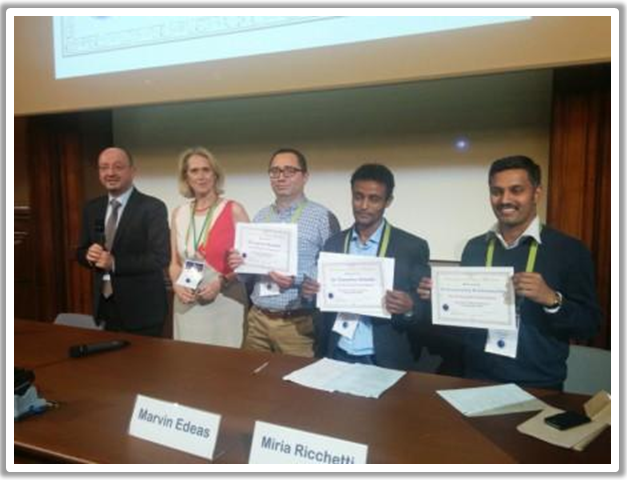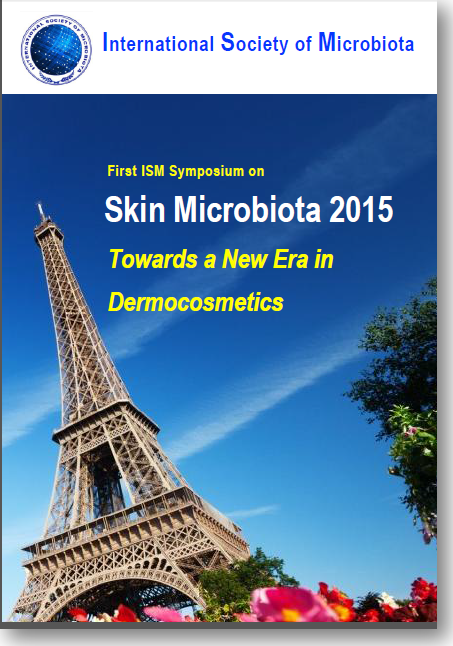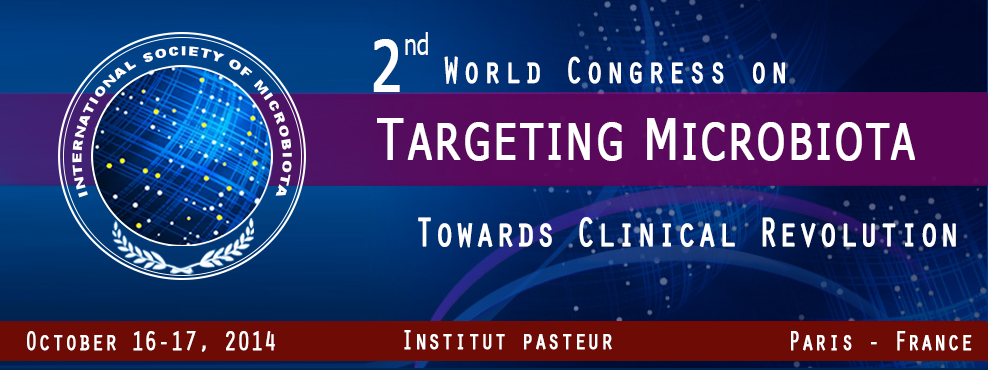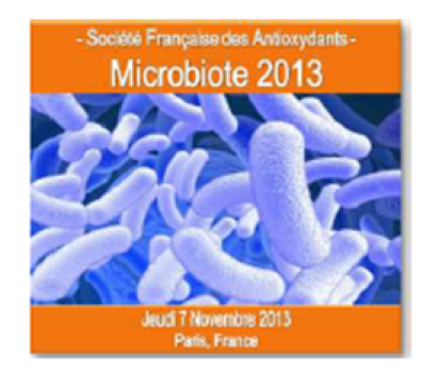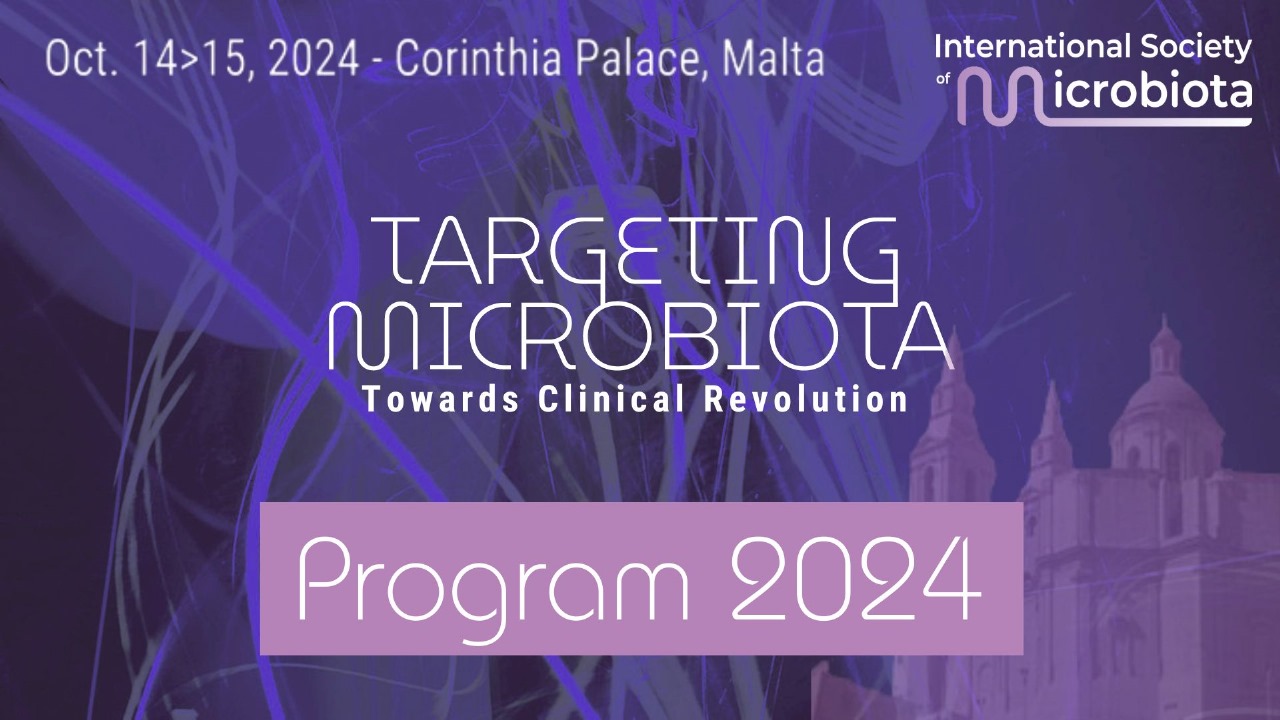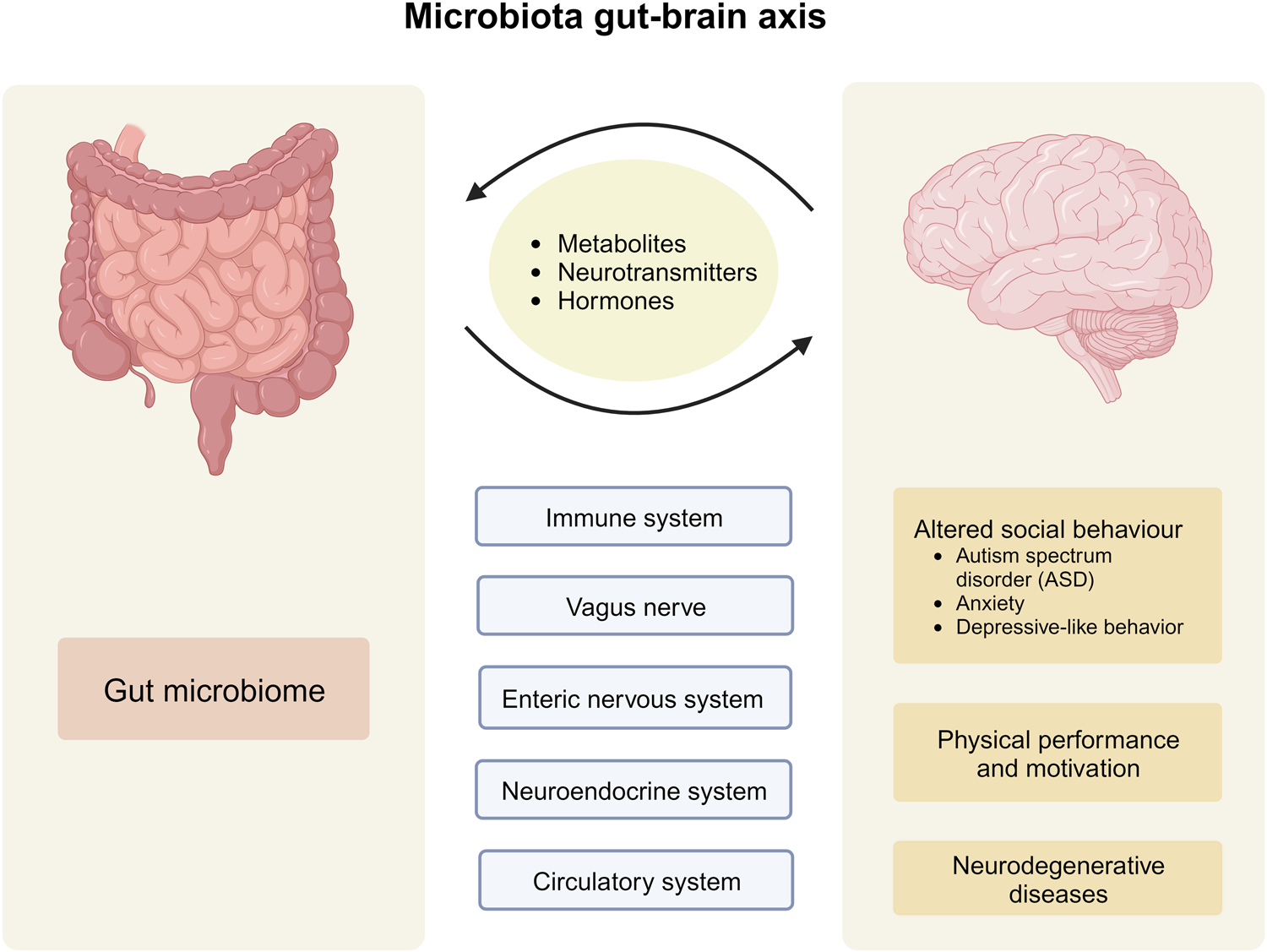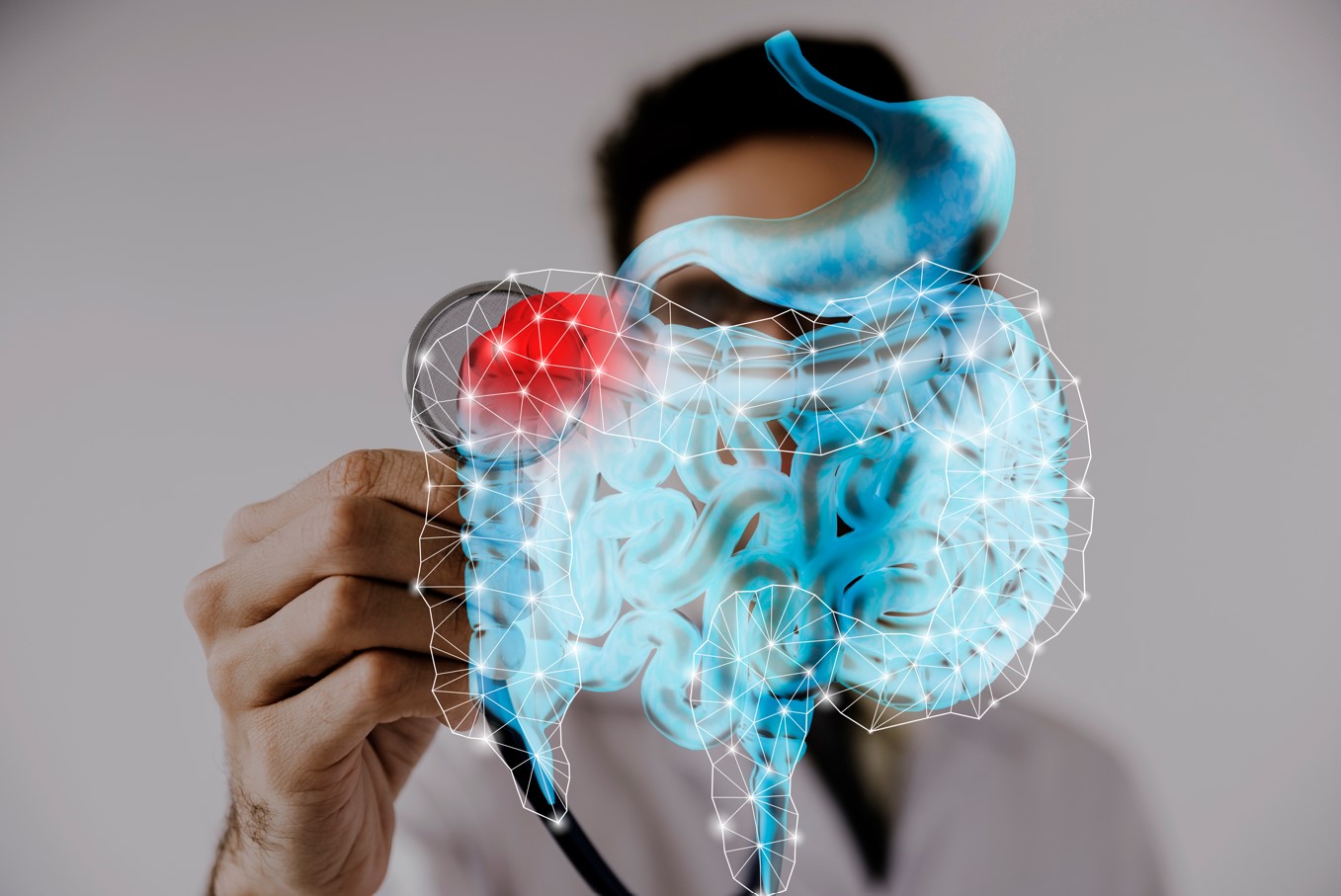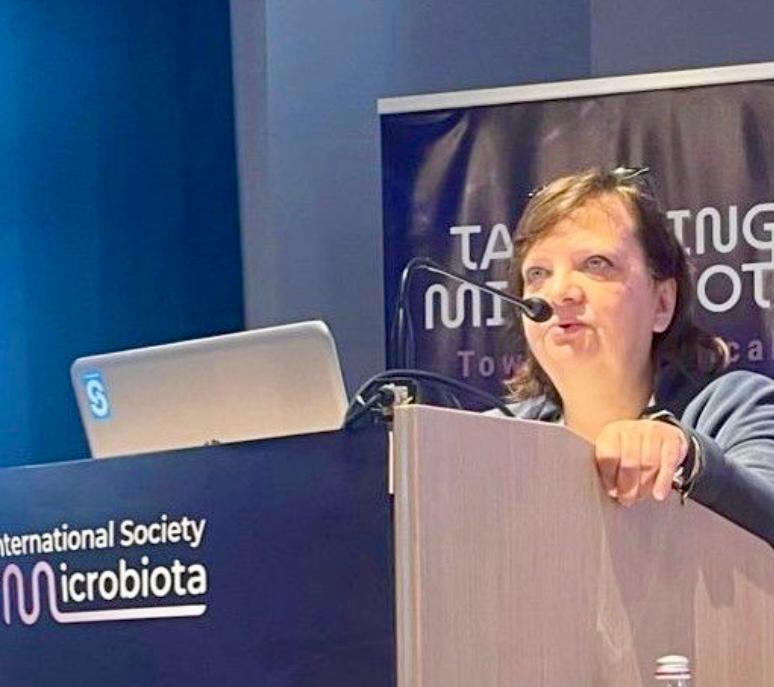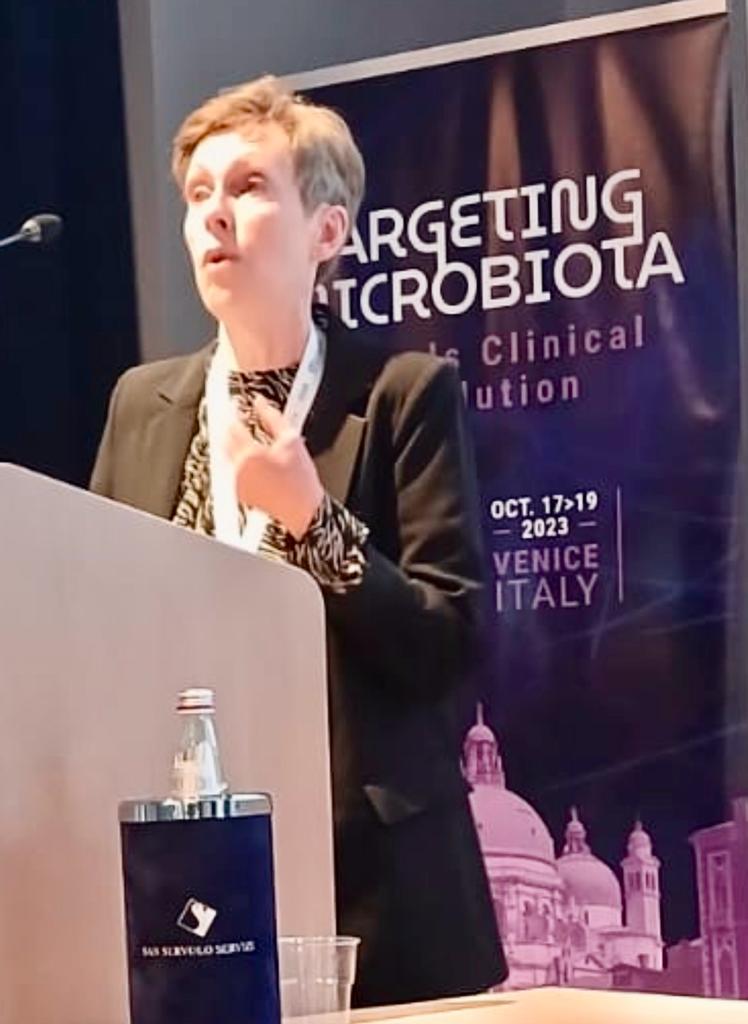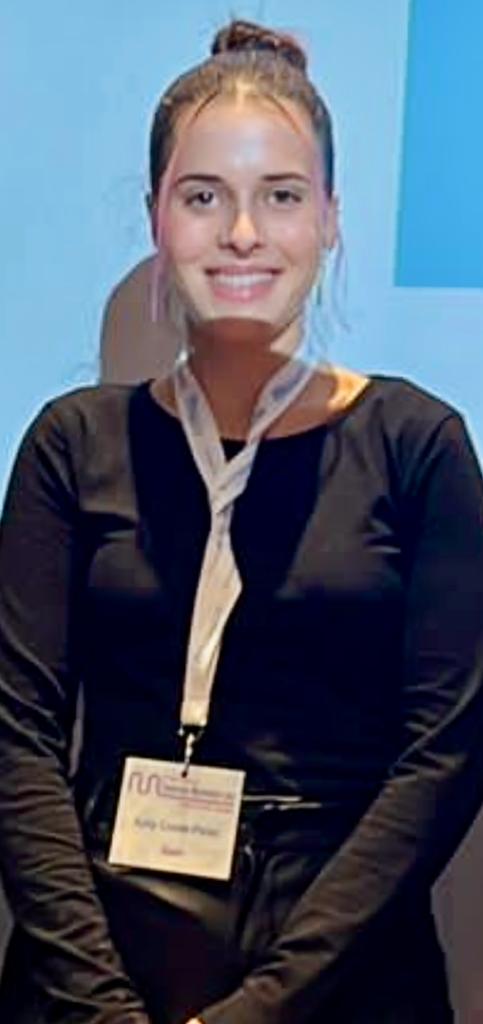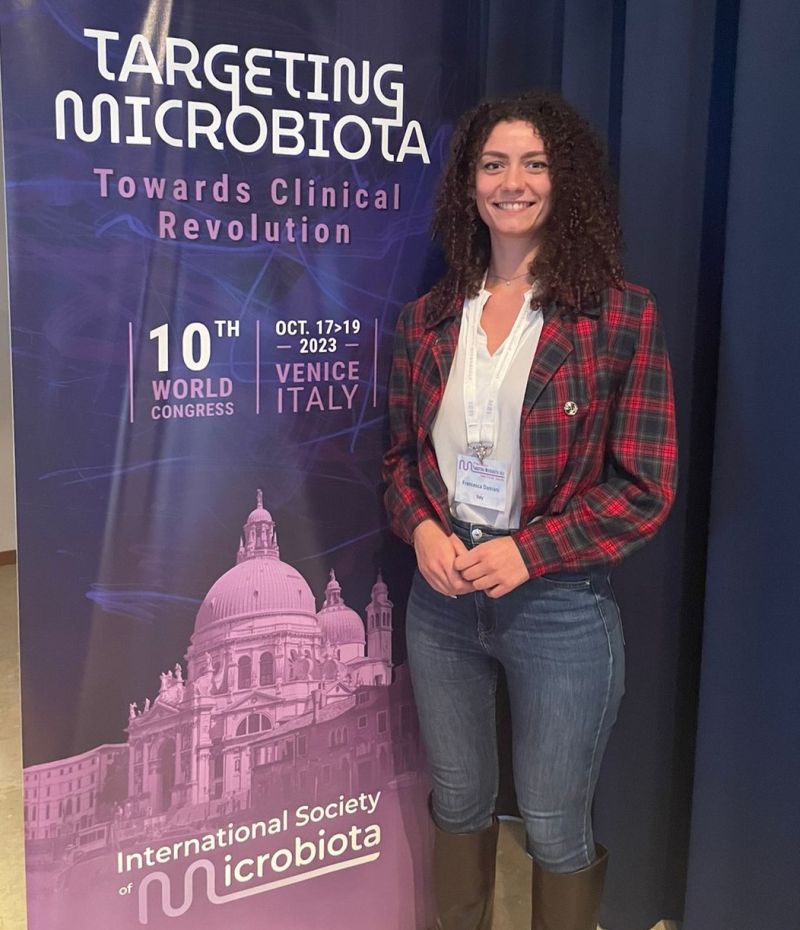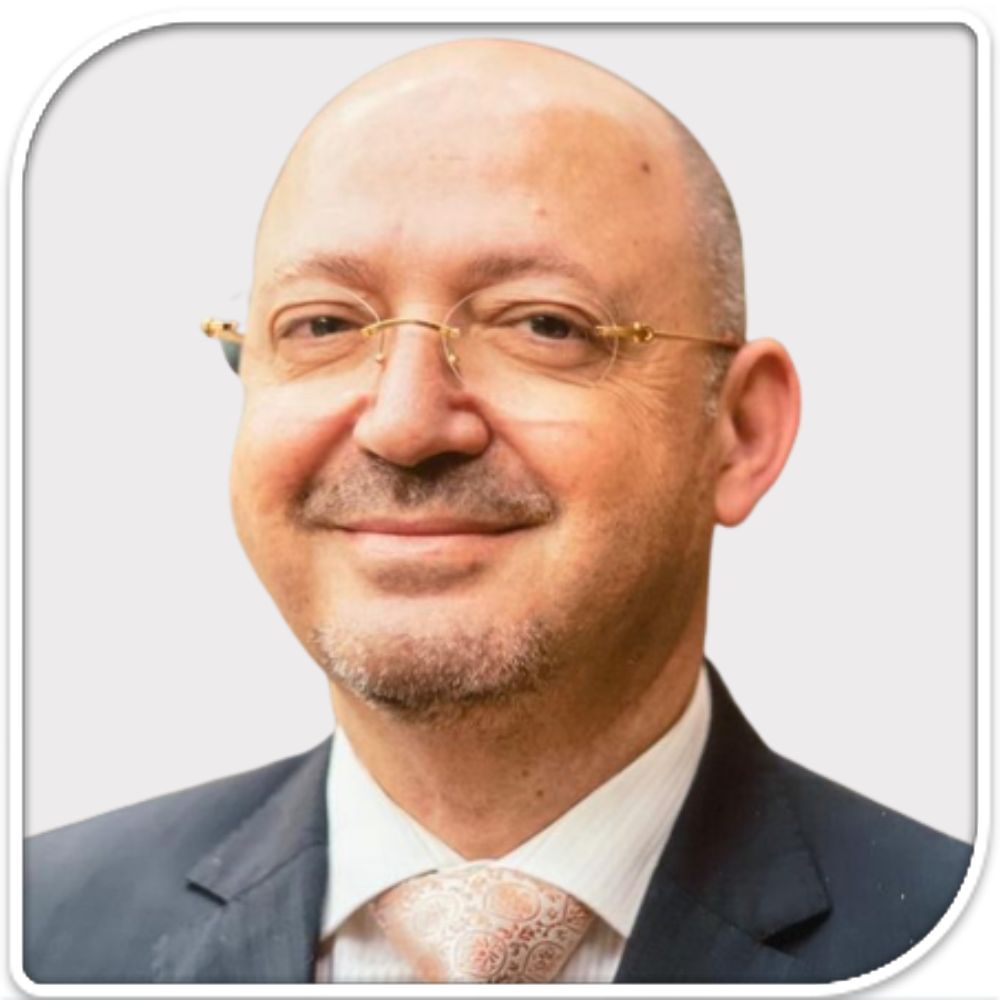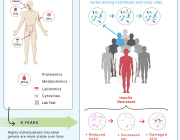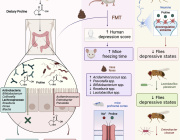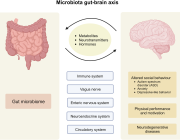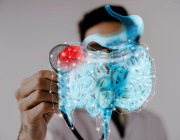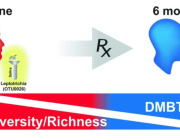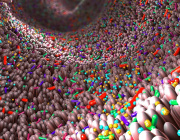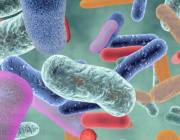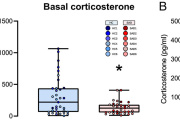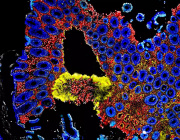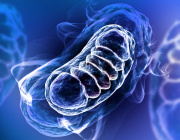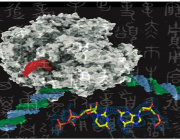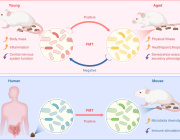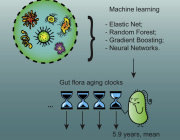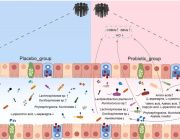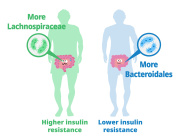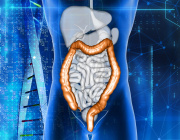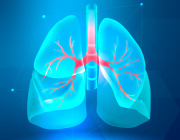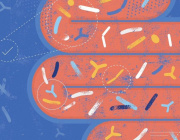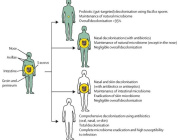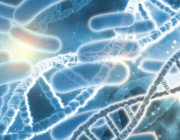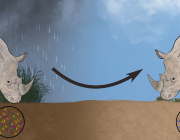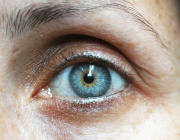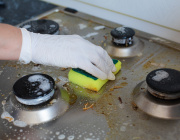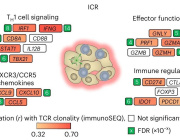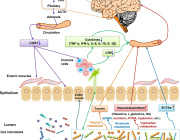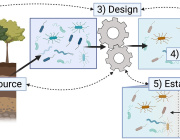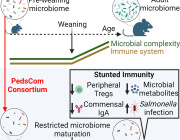Alerts
The Scientific Committee published the final agenda of Targeting Microbiota World Congress
 The Scientific Committee of the International Society of Microbiota published the Final agenda of Targeting Microbiota World Congress.
The Scientific Committee of the International Society of Microbiota published the Final agenda of Targeting Microbiota World Congress.
To access to the final program, please follow this link.
For all information about the congress: www.microbiota-site.com
The Subltle Balance Between Body Fat, Gut Microbiota and the Brain
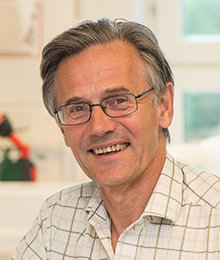 John-Olov Jansson, of the Sahlgrenska Academy at Gothenburg University, Sweden will be discussing the subtle balance between body fat, gut microbiota and the brain at the 3rd World Congress on Targeting Microbiota, being held between the 21st and 23rd October at the Institut Pasteur, Paris.
John-Olov Jansson, of the Sahlgrenska Academy at Gothenburg University, Sweden will be discussing the subtle balance between body fat, gut microbiota and the brain at the 3rd World Congress on Targeting Microbiota, being held between the 21st and 23rd October at the Institut Pasteur, Paris.
The gut microbiota is a complex community including the life forms bacteria and archaea, but dominated by bacteria mainly from the phyla Firmicutes and Bacteroidetes. The effect of gut microbiota on host physiology is not limited to the gastrointestinal tract. Emerging evidence suggest that gut microbiota could influence the central nervous system (CNS). New insight suggests that gut microbiota are an integral component regulation of energy balance, and that it can be regarded as an organ that contributes to efficient energy metabolism. The germ free mouse, that completely lacks gut microbiota, is a common model to study the interplay between gut microbiota and metabolism. Total lack of microbiota is a non-physiological condition, and it is nonspecific in its nature. However, it is has proven to be a good model for understanding the most constitutive functions of gut microbiota. In addition, data from alternative models such as probiotic- or antibiotic treatment could be problematic to interpret due to the immense complexity of gut microbiota, as well as our so far unsatisfactory knowledge of its constituents and their interrelations. Data from germfree mice are in line with interactions between gut microbiota and neuropeptides such as glucagon-like peptide (GLP-1) and brain derived growth factor (BDNF) in parts of the brain regulating body fat mass. Further studies are needed to evaluate the biological significance of these findings.
Dr Jansson will present more details and strategies during IMS' Pasteur meeting.
For more information, please visit www.microbiota-site.com/
To Swab or Not to Swab? Rectal Swabs for Intestinal Microbiota Analysis
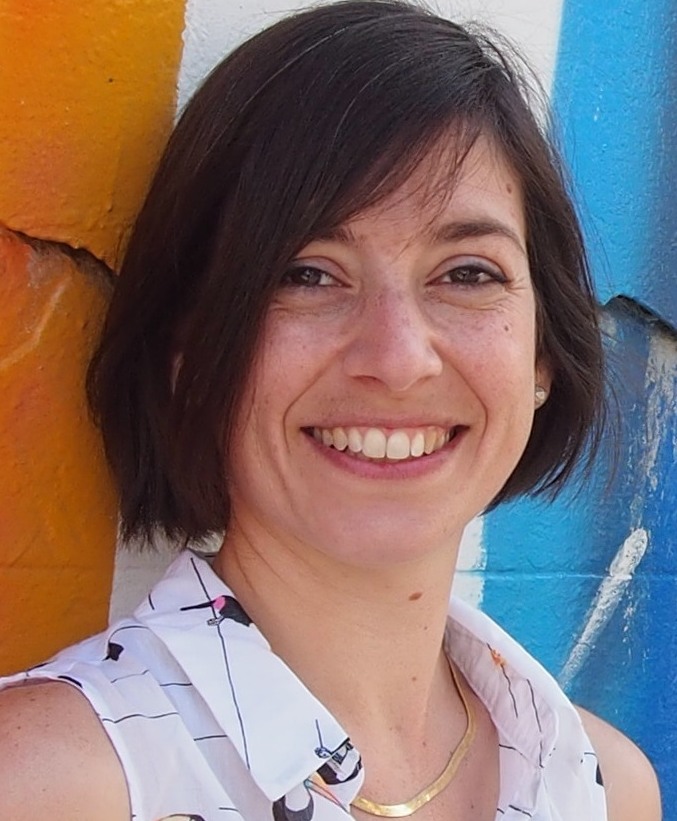
The composition of the gut microbiota is associated with various disease states, most notably inflammatory bowel disease, obesity and malnutrition. This underlines that analysis of intestinal microbiota is potentially an interesting target for clinical diagnostics. However, since sampling method, storage and processing of samples impact microbiota analysis, it is important to define standards for reproducible and accurate sampling of gut microbiota that can be implemented in clinical routine.
Ms Eck will present more details and strategies during IMS' Pasteur meeting.
For more information, please visit www.microbiota-site.com/
Who will attend Targeting Microbiota World Congress 2015 from Industries & Academics?
Targeting Microbiota 2015 will gather academics and industrial leaders in the field of microbiota research.

Among the participants:
Libragen, Genoscreen, Vaiomer, MO BIO, Biocodex, Synthetic Biologics, L'Oréal, Cosmetic Active International, Merial, Laboratoires Clarins, Provital, Evonik Nutrition, AF Consulting, Genetic-Analysis, IPSEN Pharma, Lallemand Health Solutions, Qiagen, Morinaga Milk Industry, Cosmetique Active International, Merial, Laboratoires Clarins Lonza, Dr Pierre Ricaud-Groupe Rocher, BASF Personal Care & Nutrition Provital, L'Oréal Innovation & Research, BASF Beauty Care Solutions Probionov, Merck Kgaa, Pierre Fabre Dermo-Cosmétique, Nutriset Bondonno Natural Health, Bioaster, Nestle Institute of Health Sciences Roquette Freres, Procter & Gamble,Abbio Alma Bio Therapeutics, Rebiotix, Biofortis Seventure Partners, Capsugel
Paris Descartes Unviersity, University of Toyama, University Hospital of Liège, Utah State University, Dept of Thoracic Medicine, Haukeland, University Hospital, CHU de Nice, University of Gothenburg, University of Coimbra, Istituto Italiano Di Tecnologia, Fundación Rioja Salud, Karolinska Institutet, Karolinska Institutet, University Of São Paulo, Paris 13 University, Pontificia Universidad Catolica de Chile, University of Pavia, University of Manchester, The Center for Restorative Medicine, APC Microbiome Institute, University College Cork, Labmet - Ghent University, Department of Public Health and Infectious Diseases, ‘Sapienza’ University of Rome Fondazione Centro San Raffaele, National Institutes of Health/NCI, INSERM, Université d'Auvergne University of Helsinki, CNRS, University of Leipzig, University of Southern Denmark, Shumway Capital Barretos Cancer Hospital - Pio XII Foundation, Hong Kong Baptist University, ACT Health/Australian National University Fondazione IRCCS Istituto Nazionale Dei Tumori, Korea University, University of Turku, University of Zagreb Vanderbilt University, Case Western Reserve University, Chungnam National University, Umeå University Newcastle University, University of British Columbia, Clemson University, Centre for Obesity Research and Innovation, St. Olavs Hospital, INRA / MICALIS University of Frankfurt/Main, University of Sydney, Alimentary Pharmabiotic Centre, University College Cork, UC Davis Texas A&M University, Clinique de Pédiatrie du Saguenay, University of Western Australia,University of Oslo, University of California Davis Sri Ramachandra University, Medical University of Warsaw, Pisa University, Norwegian Veterinary Institute, University of Nebraska-Lincoln, University of Michigan, Hospital Sant Joan De Déu, Vilnius University Hospital Ewha Womans University, Tohoku University, Tehran University of Medical Sciences, Istituto Auxologico Italiano School of Health Sciences Paulo Prata, City of Hope, Korea Research Institute of Bioscience and Biotechnology University Medical Center Hamburg Eppendorf, University of Calgary, Marmara University CSM, King's College London, University of Stavanger, University College Cork Kasetsart University, University of Tartu, Faculté Médecine Marseille, CIDAM, Imgge University of Belgrade, Riga Stradins University...
If you would like to register and join all these leaders in microbiota field: www.microbiota-site.com
The Interactions Between the Host, the Vaginal Microbiota and Sexually Transmitted Infections: A hot topic of Targeting Microbiota 2015
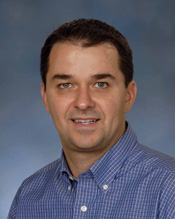 Pr Jacques Ravel will be present at the 3rd World Congress on targeting Microbiota and talk about "The interactions between the host, the vaginal microbiota and sexually transmitted infections"
Pr Jacques Ravel will be present at the 3rd World Congress on targeting Microbiota and talk about "The interactions between the host, the vaginal microbiota and sexually transmitted infections"
Pr Ravel is the Associate Director for Genomics at the Institute for Genome Sciences (IGS) and a Professor of Microbiology and Immunology at the University of Maryland School of Medicine in Baltimore, Maryland.
Pr. Ravel’s research program focuses on applying modern genomics technologies and ecological principles to characterize the role and dynamics of the microbial communities inhabiting the human body in health and disease and better define the interactions between the host, the microbes and the environment that drive these ecological systems. Specifically, he is interested in deciphering the role of the vaginal microbiome in women's health using clinical genomics and systems biology approaches, in order to develop improved strategy to manage gynecological and obstetrics conditions. He is the co-Directors of the NIH funded Collaborative Research Center on Sexually Transmitted Diseases entitled Ecopathogenomics of Sexually Transmitted Diseases (EPSTI – epsti.org) which aims at applying systems biology approaches to examine the triangular relationship between human genetic variation, sexually transmitted infections and co-infections caused by Chlamydia trachomatis and Neisseria gonorrhoeae, and the function of the vaginal microbiome.
He is a fellow of the American Academy of Microbiology. Dr. Ravel is the Editor in Chief of the journal Microbiome and an Associated Editor for the journal mBio.
If you would like to know more about Pr Jacques Ravel's study results, don't hesitate and come along to the conference.
For more information: www.microbiota-site.com
Listeria monocytogenes will be introduced by Dr Javier Pizzaro Cerda from Pasteur Institute
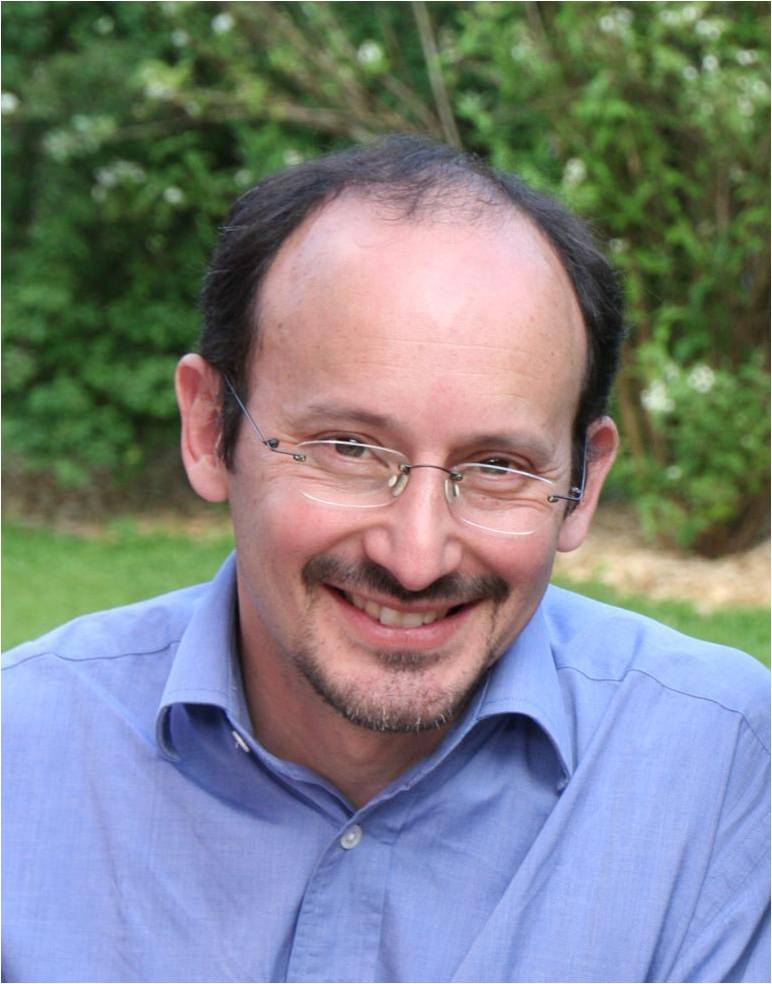 Dr Javier Pizarro Cerda, from Pasteur Institute will share his research about 'Modulation of Host Microbiota by Listeria monocytogenes' during the 3rd World Congress on Targeting Microbiota, held in Pasteur Institute (Paris, France).
Dr Javier Pizarro Cerda, from Pasteur Institute will share his research about 'Modulation of Host Microbiota by Listeria monocytogenes' during the 3rd World Congress on Targeting Microbiota, held in Pasteur Institute (Paris, France).
According to him, "listeria monocytogenes is a foodborne bacterial pathogen which can induce gastroenteritis, abortions in pregnant women and meningitis in the new born. Epidemic Listeria monocytogenes strains are characterized by the presence of a pathogenicity island coding for the toxic peptide listeriolysin S (Lls). Lls has been previously described as a virulence factor required for bacterial survival within animal hosts; our recent work demonstrates that Lls is the first described Listeria monocytogenes bacteriocin which modulates the host intestinal microbiota, favoring bacterial colonization of the intestine and allowing bacterial dispersal to other host organs".
If you would like to know more about that specific topic and others, don't hesitate and come.
For more information: www.microbiota-site.com
Pr Ernst Holler will present his researches about Metagenomic analysis of microbiota during Targeting Microbiota 2015

During the 3rd World Congress on Targeting Microbiota 2015 scheduled on October 21-23, 2015 at Institut Pasteur, Paris, the Scientific Committee is pleased to welcoming Pr Holler, from the University Medical Center Regensburg in Germany.
Pr Holler who will give a talk about Metagenomic Analysis of the microbiota in patients receiving allogeneic SCT: Role of harmful versus protective microbiota and the impact of antibiotic prophylaxis and treatment.
Pr Holler from the University Medical Center Regensburg in Germany will present his work concerning the role of intestinal microbiota in allogeneic stem cell transplantation.
If you would like to know more about Pr Holler's study, don't hesitate and come.
For more information: www.microbiota-site.com
HIV infection & microbiota diversity and quality: how HIV modify gut microbiota?
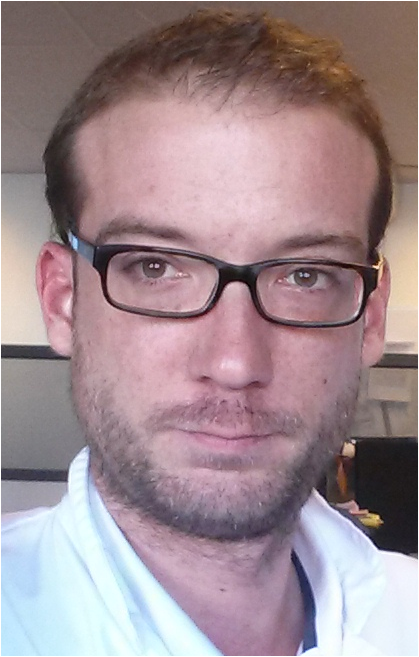 Gut microbiota modifications occurring during HIV infection have recently been associated with inflammation and microbial translocation. However, discrepancies between studies justified a comprehensive analysis performed on a large cohort.
Gut microbiota modifications occurring during HIV infection have recently been associated with inflammation and microbial translocation. However, discrepancies between studies justified a comprehensive analysis performed on a large cohort.
During his presentation, during Grégory Dubourg, from University of Marseille, France will discuss about HIV and Microbiota. According Dr Dubourg "Next-generation sequencing of the 16S rRNA gene was applied to the faecal microbiota of 31 HIV-infected patients and compared to healthy controls. Sera were used to test the presence of 25 markers of inflammation and/or immune activation. Diversity was significantly reduced in HIV individuals when compared to the controls and was not restored by ART. [...]
If you would like to know more about HIV and microbiota, you have to register on www.microbiota-site.com
Gut microbiota: novel & strategic players in coeliac disease pathogenesis
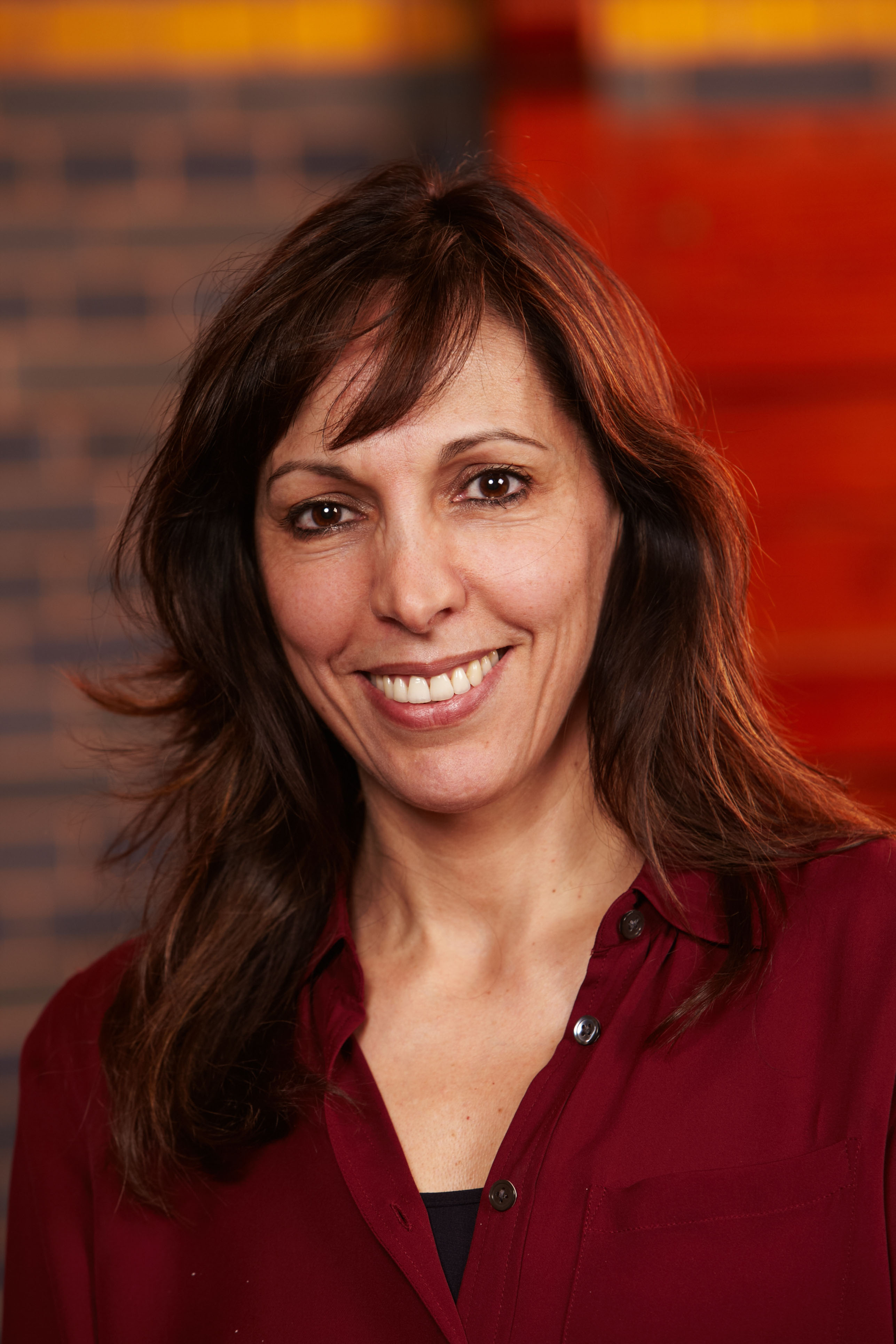 During Targeting Microbiota World Congress, Pr Elena Verdu from McMaster University, Canada will present the novel & strategic players in coeliac disease pathogenesis.
During Targeting Microbiota World Congress, Pr Elena Verdu from McMaster University, Canada will present the novel & strategic players in coeliac disease pathogenesis.
According to Pr Verdu: "Disruption to the microbiota in early-life has been implicated in celiac disease pathogenesis. Early antibiotic use has been associated with the emergence of celiac disease. Some studies indicate that delivery mode is also influential in the development of this disease, although not all studies support this link. Infants at high risk of developing celiac disease exhibit dysbiosis, where the Bacteroidetes:Firmicutes ratio is decreased, B. fragilis and Staphylococcus spp. are increased, and less B. longum and Bifidobacterium spp. are present. The studies indicate a potential association but there is currently no evidence or described mechanisms for alterations in the microbiota to modulate celiac disease risk."
If you would like to know more about Gut microbiota: novel & strategic players in coeliac disease pathogenesis, you can register by following this link.
For more information: www.microbiota-site.com
Microbiota & Horses: Towards a revolution on animal medicine
 All you need to know to sequence microbiota in horses will be discussed during Targeting Microbiota World Congress 2015.
All you need to know to sequence microbiota in horses will be discussed during Targeting Microbiota World Congress 2015.
During the workshop of the congress, a special session is dedicated to What we can learn from microbiota analysis and how to apply this to animal health?
The scientifc committee of ISM invited Dr Knut Rudi from Norway University of Life Sciences to give a presentation about Dynamic interactions of the equine hindgut microbiota in health and disease.
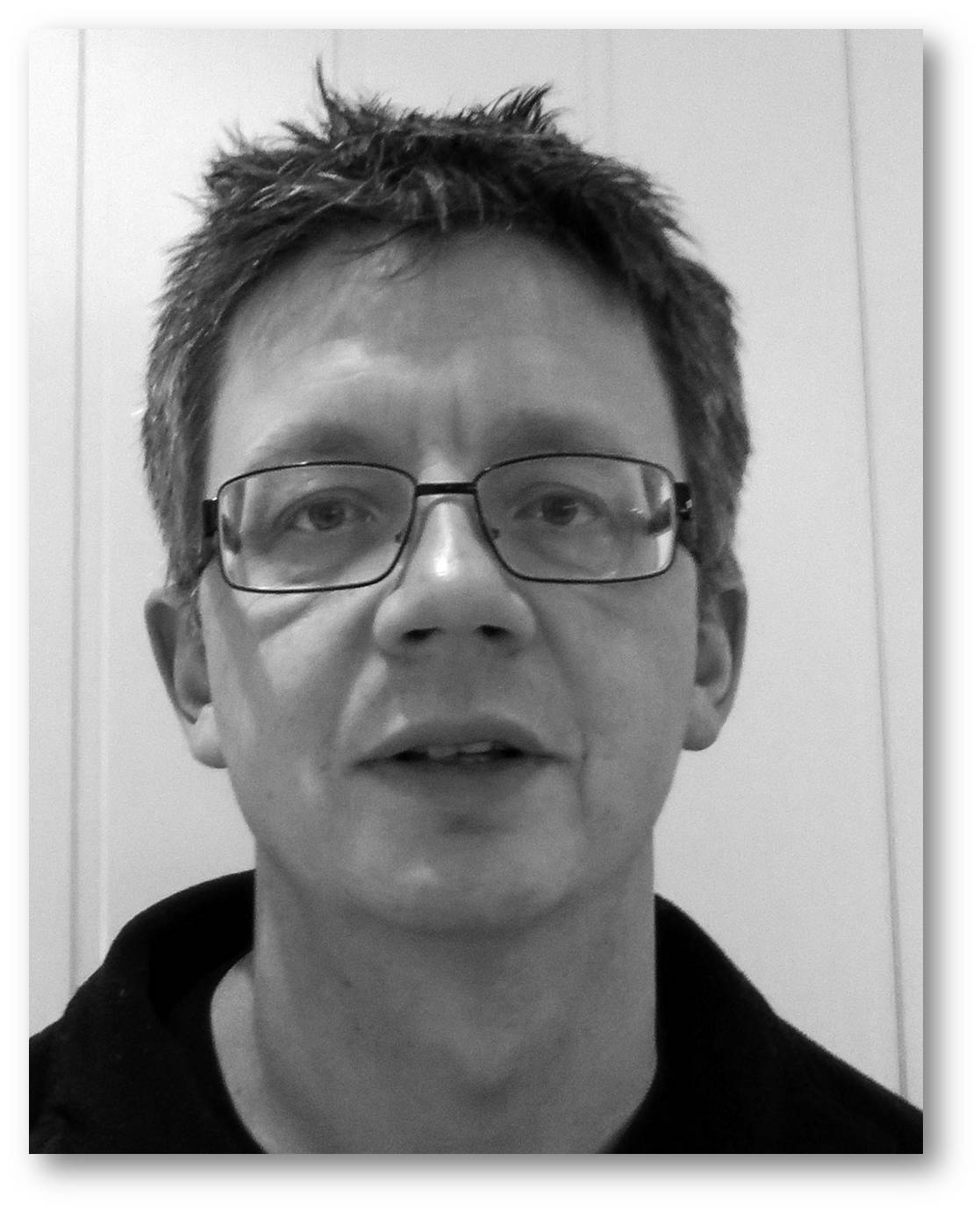
According Dr Rudi: "Horses derive 60-70 % of their energy through microbial hindgut fermentation. The fermentation is a delicate dynamic process where energy overload and can lead to a severe diseased acidotic state. Based on microbiome data we have developed dynamic models to both understand the diseased - and non-diseased microbiota. These models revealed the importance of short-term (within hours) dynamic interactions. We believe that dynamic modelling also can be a valuable contribution for understanding the role of the microbiota in health and disease for other organisms."
To know more about Microbiota sequencing, don't hesitate to register to the workshop on www.microbiota-site.com
Pancreatic beta-cells limit autoimmune diabetes: strategic role of gut microbiota
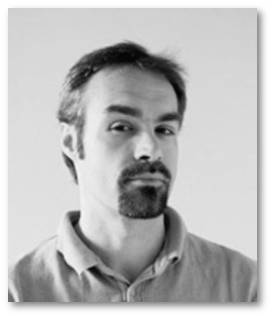 Antimicrobial peptides expressed by epithelial cells are largely described for the defense against pathogens but how they influence autoimmunity in peripheral tissues was unknown. Dr Julien Diana, from INSERM and Descartes University, France, and his team show that the cathelicidin related antimicrobial peptide CRAMP is expressed by the pancreatic endocrine cells. Owing to its immunoregulatory capacities, CRAMP is protective against autoimmune diabetes in NOD mice, a model for type 1 diabetes. They finally demonstrate that the gut microbiota via short-chain fatty acids directly governs the expression of CRAMP in the pancreas revealing the direct role of the gut microbiota in the maintenance of the immune homeostasis in peripheral tissues.
Antimicrobial peptides expressed by epithelial cells are largely described for the defense against pathogens but how they influence autoimmunity in peripheral tissues was unknown. Dr Julien Diana, from INSERM and Descartes University, France, and his team show that the cathelicidin related antimicrobial peptide CRAMP is expressed by the pancreatic endocrine cells. Owing to its immunoregulatory capacities, CRAMP is protective against autoimmune diabetes in NOD mice, a model for type 1 diabetes. They finally demonstrate that the gut microbiota via short-chain fatty acids directly governs the expression of CRAMP in the pancreas revealing the direct role of the gut microbiota in the maintenance of the immune homeostasis in peripheral tissues.
Dr Diana will present this study during the next Targeting Microbiota World Congress which will be held at Pasteur Institute on October 21-23.
For more information: www.microbiota-site.com
What is the role of gut microbiota in Parkinson’s disease?
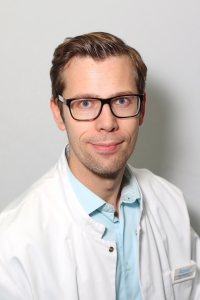
This question will be answered by Dr Filip Scheperjans from Helsinki University Central Hospital, Finland during the 3rd World Congress on Targeting Microbiota which will be held at Pasteur Institute on October 21-23, 2015.
Parkinson’s disease (PD) is the second most common neurodegenerative disorder affecting approximately 1% of the population over 60 years of age. In addition to the classical motor symptoms of the disease, patients suffer from a broad spectrum of non-motor symptoms. About 80% of patients have gastrointestinal dysfunction, most frequently constipation, and these frequently precede the onset of motor symptoms by years. This is associated with neurodegeneration in the enteric nervous system. Recent research suggests that the gastrointestinal tract is actually the first structure to show neurodegeneration in PD and that this degenerative process may subsequently spread to the brainstem via the vagal nerve. Alterations of gut physiology, mucosal permeability, inflammation, and most recently gut microbiome composition have been reported in PD patients and may be relevant for the pathogenesis of the disease. The talk will give an overview of gut pathophysiology in PD and address the possible role of gut microbiota in this context.
To know more about Targeting Microbiota World Congress: www.microbiota-site.com
Why should we care about primers and platform in microbiota analysis?
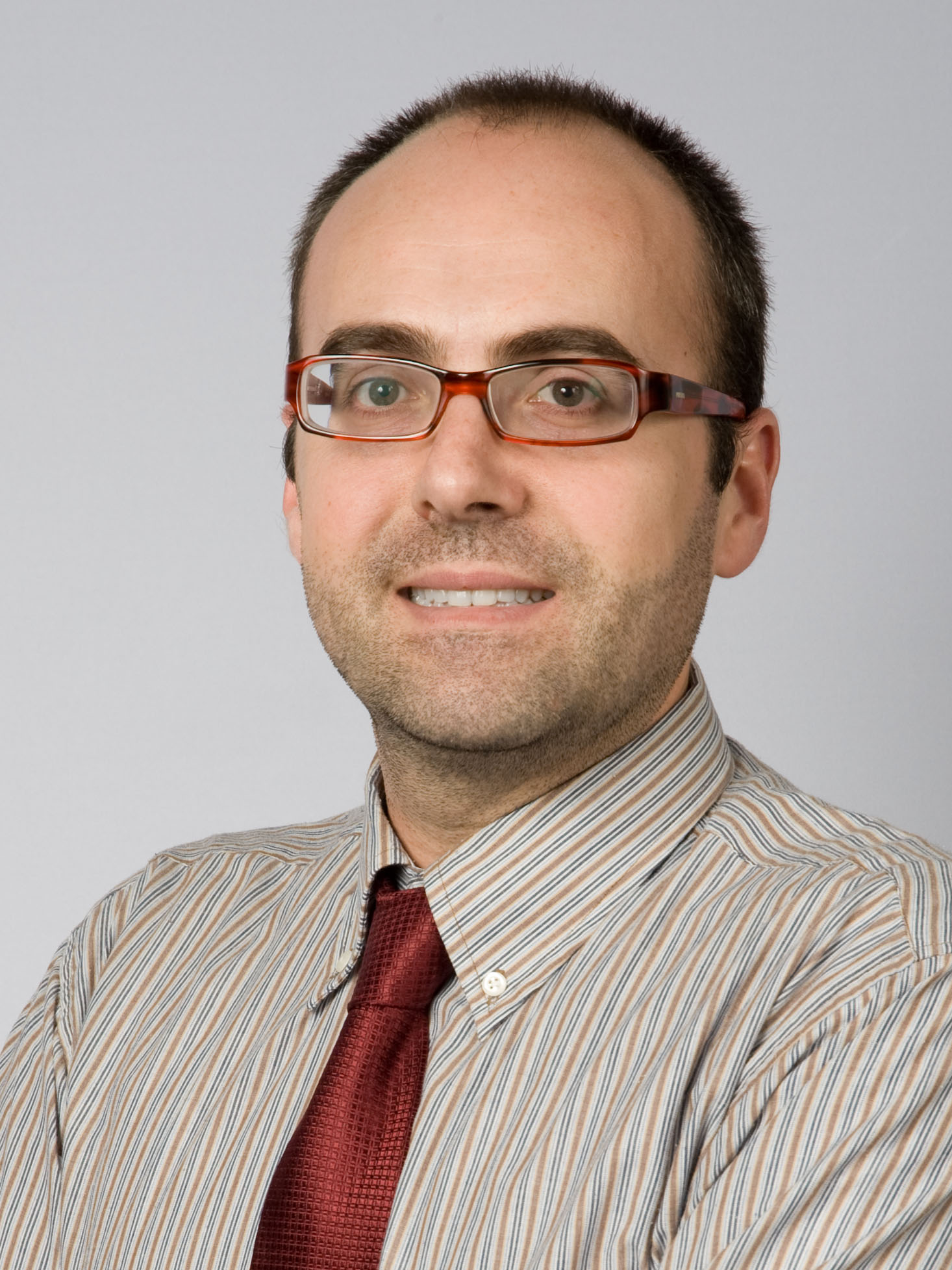
During the 3rd World Congress on Targeting Microbiota which will be held on October 21-23, 2015 at Pasteur Institute, Francisco Codoner, Scientific Director of Lifesequencing, Spain will answer the following question: Why should we care about primers and platform in microbiota analysis?
As indicated by Mr Codoner: "The human body contains 10 times more microbial cells than human cells. This microbial community that we found in our body has been classified as human microbiome. Using the presence of specific organisms, when analysing human samples, the human adults can be even classified into different classes [...].
In order to perform this kind of analysis based on the capture of specific rRNA region, we have to take into account several points which will be detailled during the congress.
We will focus our attention in those points in order to give some insights in how to perform a proper microbiome analysis.
In any case, though the study of the microbiome (mostly coming from faeces) we can be able to disentangle the alterations or illnesses that a patient is suffering and maybe change to normal conditions with the introduction of an antibiotic, prebiotic or probiotic.
If you would like to know more about microbiota sequencing, come and register to Targeting Microbiota World Congress.
More information: www.microbiota-site.com
You have until September 21 to submit your abstracts for Targeting Microbiota World Congress 2015
The Scientific Committee of International Society of Microbiota and Targeting Microbiota World Congress 2015 invites all scientists, academics and industrials to present their researches in microbiota area during the 3rd World Congress on Targeting Microbiota, which will be held in Paris, at Institut Pasteur on October 21-23, 2015.
Juristical hurdles and possibilities for companies providing faecal transplant services

According to definition in the broadest of terms, a drug is a chemical substance that has known biological effects on humans or other animals. However, what is a faecal transplantation in a legal context?
As representing a company with years of experience in the preparation of individual drugs based on microorganism, Dr Andrews Schwiertz from MVZ Institut für Mikroökologie, Germany will present their experience with the German registration bodies and authorities on application for faecal transplant preparations under GMP conditions.
For more information about the program of Targeting Microbiota Congress: www.microbiota-site.com
What are the evolution and challenges of NGS technologies for microbiota analysis and their validation for diagnostic?
 Sébastien Massart, Business Development Manager at DNAVision, Belgium will give a strategic presentation about NGS technologies, their updates, evolution and validation for the diagnosis during the workshop organized on October 21, 2015 about Exploration & Sequencing of Human Microbiota: The Perfect Signature.
Sébastien Massart, Business Development Manager at DNAVision, Belgium will give a strategic presentation about NGS technologies, their updates, evolution and validation for the diagnosis during the workshop organized on October 21, 2015 about Exploration & Sequencing of Human Microbiota: The Perfect Signature.
NGS technologies have revolutionized the landscape of microbiota studies. Through a critical overview, the talk will review the pros and cons of the 3 main protocols to study microbiota by NGS. The challenges and opportunities of these developments will be underlined during the workshop as well as the road toward their use in diagnostics.
If you would like to access to the complete program of the congress and register: www.microbiota-site.com
A Special Session dedicated to Practical Issues and Regulation of Fecal Microbiota Transplantation is organized during Targeting Microbiota 2015
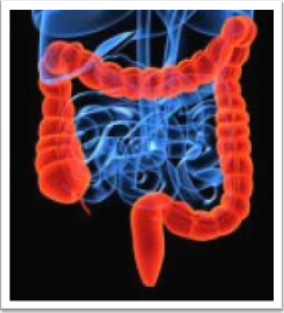 The aim of this special session is to discuss last advances, practical issues, limits of the intestinal microbiota and Fecal microbiota transplantation in various pathologies.
The aim of this special session is to discuss last advances, practical issues, limits of the intestinal microbiota and Fecal microbiota transplantation in various pathologies.
The International Society of Microbiota awards 3 Scientifics
During Targeting Microbiota 2014 which was be held in Pasteur Institute, the Scientific Committee of International Society of Microbiota awarded:
- Dr. Gurumoorthy Krishnamoorthy for his Scientific Contribution about: "The gut-brain axis in the CNS autoimmunity"
please click here for more information
- Dr.Tewodros Debebe for his Short Oral Presentation about: "The microbiota of the long living naked mole rat".
please click here for more information
- Dr. Laurent Naudon for his Poster Presentation about: "Overproduction of indole by gut microbiota increases anxiety and depressive-like behaviours in rats".
please click here for more information
Targeting Microbiota Congress Previous Editions
If you wish to order any abstract book (2013 - 2021), please click here. Kindly send us via email which edition you wish to receive.
For ordering any materials from 2022's edition, please visit this page.
For ordering any materials from 2023's edition, please visit this page. .

Final Agenda of Targeting Microbiota 2023
Attendees| Speakers | Pictures
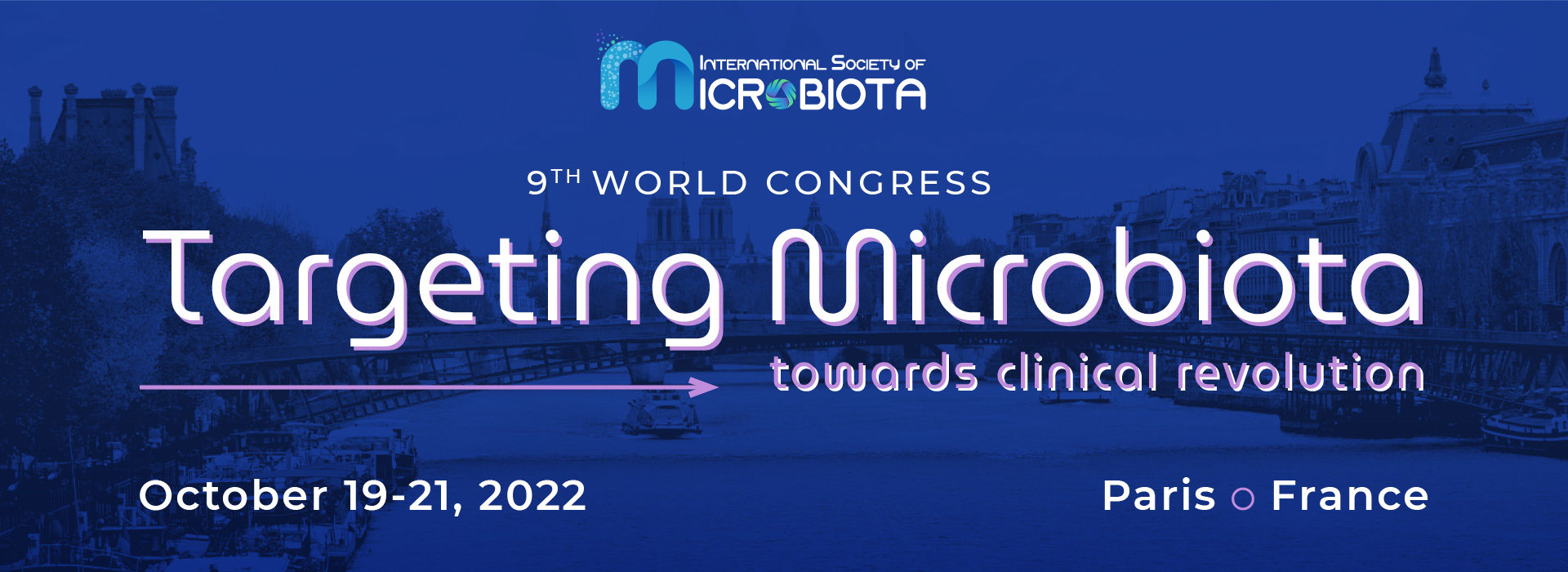
Final Agenda of Targeting Microbiota 2022

Final Agenda of Targeting Microbiota 2021

Final Agenda of Targeting Microbiota 2019
Concluding Remarks of Targeting Microbiota 2018
Final Agenda of Targeting Microbiota 2018
Targeting Microbiota 2017 - Final Agenda
Concluding Remarks of Targeting Microbiota 2017
Targeting Mitochondria 2016 - Final Agenda
Concluding Remarks of Targeting Microbiota 2016
Targeting Microbiota 2015 - Final Program
Targeting Microbiota 2014 - Final Agenda
Concluding Remarks of Targeting Microbiota 2014
ISM discerned the award of Short Oral Presentation to Dr. Tewodros Debebe
Dr. Tewodros Debebe, from University of Leipzig,Germany was awarded for his Short Oral Presentation by ISM Scientific Committee during the 2nd International Congress on Targeting Microbiota which was held in Pasteur Institut on October 16,17.
ISM is pleased to award Dr. Laurent Naudon for his Poster Presentation
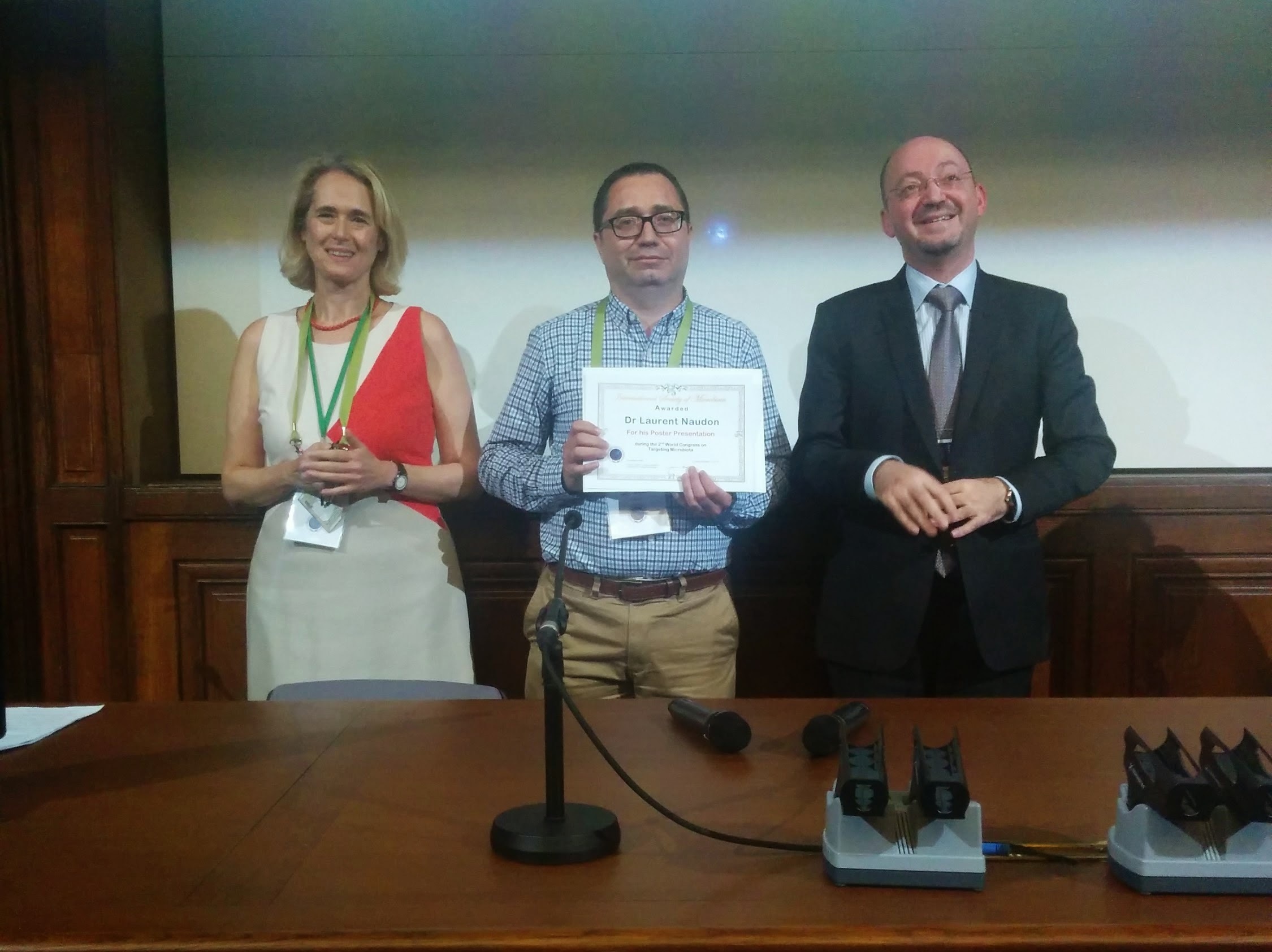
On behalf of the Scientific Committee, we congratulate Dr. Laurent Naudon from CNRS, France for his award for Poster Presentation during Targeting Microbiota World Congress which was held in Institut Pasteur, Paris.
Dr. Laurent Naudon has presented a Poster about "Overproduction of indole by gut microbiota increases anxiety and depressive-like behaviours in rats".
 According Dr. Laurent Neudon: "The gut microbiota ecosystem is in a dynamic balance throughout life. A disturbance of this balance can cause a change in the profile of metabolites produced by this ecosystem. Some of these metabolites are questioned to be involved in the pathophysiology of brain disorders, including mood disorders. Among them, indole is the product of the transformation of tryptophan by the enzyme tryptophanase (EC 4.1.99.1), encoded by several bacterial species of the gut microbiota. The genes encoding for tryptophanase (TnaA) were isolated from the human metagenomic catalog (3.3 M) by using a bioinformatic pipeline developed in our laboratory. Analysis of the distribution of the isolated genes from the human gut microbiota revealed that they are harboured by Bacteroides, Clostridium and Roseburia.
According Dr. Laurent Neudon: "The gut microbiota ecosystem is in a dynamic balance throughout life. A disturbance of this balance can cause a change in the profile of metabolites produced by this ecosystem. Some of these metabolites are questioned to be involved in the pathophysiology of brain disorders, including mood disorders. Among them, indole is the product of the transformation of tryptophan by the enzyme tryptophanase (EC 4.1.99.1), encoded by several bacterial species of the gut microbiota. The genes encoding for tryptophanase (TnaA) were isolated from the human metagenomic catalog (3.3 M) by using a bioinformatic pipeline developed in our laboratory. Analysis of the distribution of the isolated genes from the human gut microbiota revealed that they are harboured by Bacteroides, Clostridium and Roseburia.
This study aims to investigate whether an overproduction of indole by the gut microbiota can alter performance in behavioural tasks in rats, including memory, anxiety and depressive-like behaviours. For this purpose, we used a model of gnotobiotic F344 male adult rats colonized at birth with a wild-type strain of Escherichia coli, which naturally produces indole [I+ rats], or with its knock-out mutant for the tryptophanase gene, which cannot produce indole [I- rats]. We checked the absence of indole in the gut of I- rats, while indole concentration reached around 100 nmol/g dry matter in the feces of I+ rats, i.e. four times as much as in conventional rats. Furthermore, indole was absorbed through the gut mucosa as ascertained by the presence of its major detoxification metabolite, indoxylsulfate, in the urine of I+ rats. I+ rats displayed greater anxiety-like behaviours than their I- counterparts in several anxiety tests (elevated plus maze, open-field and novelty task). This was accompanied by a greater depressive-like behaviour in the tail suspension test. In both groups, memory performances were similar in the novel object recognition task. Our study demonstrates that a difference in indole production by the gut microbiota leads to behavioural differences in rats. The hypothetical routes whereby indole affects the brain still remain to be established. However, the present data strongly encourage considering the metabolites produced by the gut microbiota as potential actors in the emergence, maintaining and therapy of brain disorders."
For more information about Targeting Microbiota 2014: www.microbiota-site.com
More Articles...
- The International Society of Microbiota published a press released concerning Microbiota Science
- The President of Institut Pasteur will address his welcome during the opening of Targeting Microbiota congress
- A record of academic and industrial participants for Targeting Microbiota 2014
- Targeting Microbiota will gather high distinguished speakers




